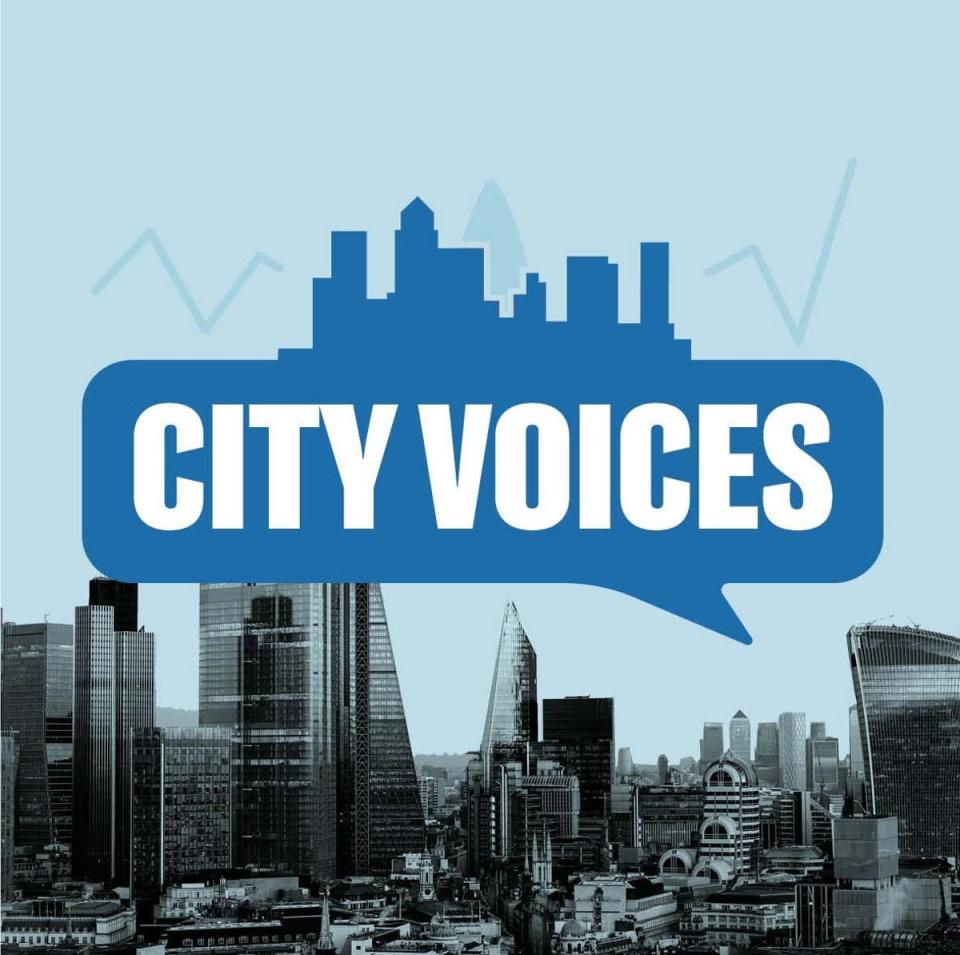Military might – how British business could benefit from UK’s renewed defence focus

There has been much speculation about what Rishi Sunak’s latest financial firepower pledge for our armed forces will mean for London-listed companies. Upping the defence spending commitment from 2.3% to 2.5% of GDP is clearly important on many levels.
It’s a rearguard action, in the event that Donald Trump returns to the White House, and renews threats to withdraw support for NATO if other members don’t increase military budgets. It’s a sign of the extent to which Russia is perceived as a chronic threat to Europe, and how allies needs to rally together, not just with rousing speeches, but hard and fast cash.
UK-listed aerospace stocks are likely to benefit from a fresh round of investment into the UK’s armed forces. Even Compass, the catering giant, could see a tailwind of spending as it already has standalone catering contracts with the military. If more money is channelled into recruitment and succeeds in boosting the size of the forces, there will be more hungry mouths to feed on bases across the UK and overseas. But there are other vast wells of value that UK companies could tap into, when it comes to our armed forces.
Veterans are among the country’s strongest assets. By ensuring they are employed to their full potential, they could plug skills gaps in workforces, helping to calm the fight for talent and bring down worrisome wage inflation. Firms employing veterans praise their strong work ethic, problem-solving abilities, leadership and communications skills. Although veteran employment is relatively strong, there is a lot of work to be done to ensure they are better matched with positions that make full use of their skills.
It's 25 years ago this month that I graduated from RAF Cranwell, as a fresh-faced but very tired pilot officer, to join 7644 (VR) Media Operations Squadron. During my reservist career in the RAF over the following decade, I was privileged to serve alongside colleagues with super-strong work ethics, analytical minds and ‘can do’ attitudes. Reserves are often dropped into regular units, with just hours’ notice and need to demonstrate significant resilience.
As a member of the combat camera team, I spent a surprising amount of time strapped to the loading ramp of a Chinook helicopter - like cargo - to get the best shots of troops and terrain as we passed, low overhead.
It’s not surprising to hear that being in the forces boosts resilience to deal with the unexpected, and cope with fast-moving situations necessitating abrupt changes of plan. You have to be fit, and resourceful and highly skilled.
he RAF does have the support of more than 1200 businesses across the UK, which endorse reserve service, but many more are needed to ensure reservists get the appropriate support particularly when they return to civilian jobs after being called up for operations.
Right now, with geo-political tensions so high around the world, there is clearly a need to bolster our overall defence, and reserves are ideally placed to help achieve that. While we are unlikely to be able to fully achieve Finland’s status of 'total preparedness', there is a lot more we could do to bolster our country’s resilience.
Earlier this year, I spoke to the Finnish State Secretary to the Minister for Foreign Affairs, Lauri Tierala at the Arctic Frontiers conference in Tromso. He told me how the nation has been on alert against threats since the second world war and that, society-wide, the country is always on the defensive, with fifty thousand shelters integrated into buildings and military training a requirement.
A volunteer civilian protection force would certainly increase the UK’s crisis management capacities and help ensure we could cope with further shocks, such as another pandemic or dangerous floods caused by climate change.
And it would be a win-win for business. Better preparedness to deal with emergencies would help reduce risk, and empower employees with a raft of new highly transferable skills.
As a first step, let’s support the veterans and reserves that have already proved to be the backbone of our country’s defence.’’

 Yahoo Finance
Yahoo Finance 